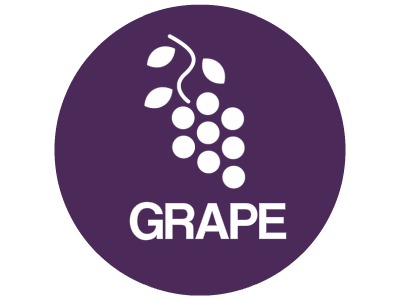In yesterday’s column, I shared the story of a cherry farmer we recently visited in Michigan’s Leelanau Peninsula. His orchard is a classic example of a fixed output business: there’s a maximum to how many cherries a tree can produce, how densely the trees can be planted, and how many rows can fit on an acre. Unlike corn or soybeans, these can’t be adjusted annually because it takes years to grow a productive tree. So, for all intents and purposes, his output is constant and he can only increase his profitability by containing costs and hoping for a better commodity price at market.
I made the point that if the government constrict a business’ ability to control costs or increase output (through regulation, taxation, etc.) there will be fewer businesses. Owners will lose their capacity to adapt to the market and any incentive to work harder. And that is happening more and more often. As an example, the cherry farmer shared an example of the sort of asinine government regulation that is destroying our entrepreneurial culture.
As I walked through his orchard with him, I found myself fantasizing about his job. How romantic would it be to wake up, pull on your boots, whistle for the family labrador retriever, your best friend, and spend the morning riding the big, green tractor through the beautiful trees? What could be more iconic than a farmer being followed through his orchard by his trusty dog?
Well, thank goodness the government is saving us from that nightmare! Jim, the fifth generation in his family to farm these acres, told me that a new government regulation prevents him from having his dog in the orchard. Why? Because the dog might pee on a cherry tree. That’s right: the government is paying inspectors to protect you from the farmer’s dog.
Now, some of you might say, “That labrador retriever might pollute the crop and cause disease among the cherry-eating public.” And you might be right, although it’s hard to understand the exact chain of events and how mankind managed to survive throughout the ages. But what about the deer, rabbits, hedgehogs, birds, and all the rest of Beatrix Potter’s pretty creatures that relieve themselves in the orchard every night? How is the government keeping the wild hordes of nature at bay?
Easy: other regulations mandate that he keep wild animals out of the 250 acres he owns, sprawling through the woods and hills over Grand Traverse Bay. So, he can put up a big fence, or netting, or a giant dome? Will that satisfy the government regulators and keep wild animals from contaminating our crops?
If only the government would make it as easy as building translucent dome over the orchards. Unfortunately, other regulations prevent the farmer from interrupting the natural habits, habitats, or migration of the local wildlife. Which means if they like to walk through the orchard at night, piddling freely, there’s nothing he can do about it except get in trouble.
Here’s the point: we are destroying the entrepreneurial culture that allowed families to hand orchards down for five generations. Jim told me he doubted that there would be a sixth operating his land. The only way businesses can comply with an overreaching government is to consolidate into large corporations that can jump through regulatory hoops, pay fines as a cost of doing business, or use influence get waivers. We’re seeing this in agriculture, and we’re going to see it more and more in medicine as the same government that protects us from the farmer’s dog protects us from our family doctor.
© Greg Smith, 2013
|
Greg is the founder and chief creative officer of Black Lake Studio (www.blacklakestudio.com). He is also a writer and speaker, working in a variety of non-fiction and fiction genres, and frequently collaborates with other authors. You can read and learn more at his site, SmithGreg.com. (www.smithgreg.com).
|
|
Twitter: SmithGreg.com
|
